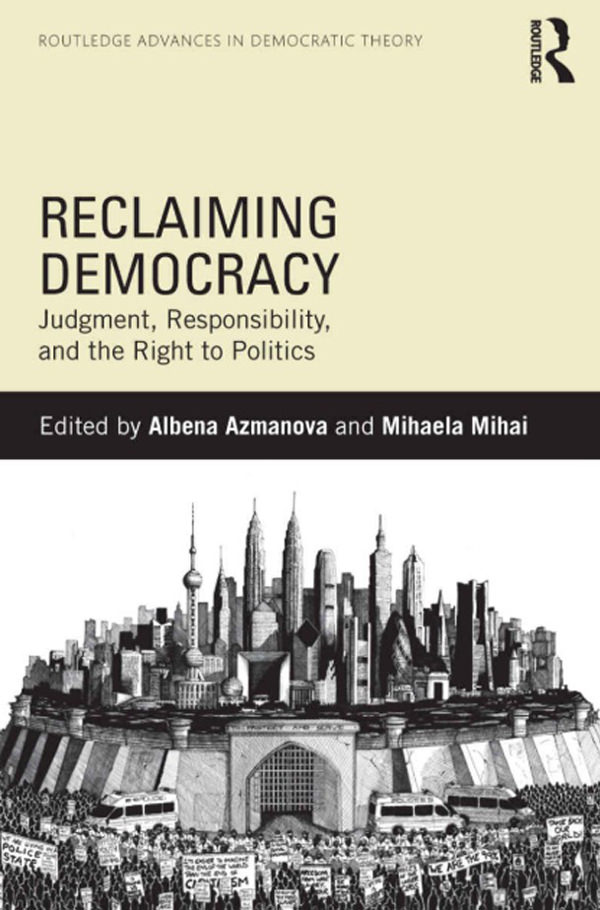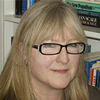
Reclaiming Democracy
Judgment, Responsibility and the Right to Politics
Democracy is in shambles economically and politically. The recent economic meltdown in Europe and the U.S. has substituted democratic deliberation with technocratic decisions. In Athens, Madrid, Lisbon, New York, Pittsburgh or Istanbul, protesters have denounced the incapacity and unwillingness of elected officials to heed to their voices.
While the diagnosis of our political-economic illness has been established, remedies are hard to come. What can we do to restore our broken democracy? Which modes of political participation are likely to have an impact? And what are the loci of political innovation in the wake of the crisis? It is with these questions that Reclaiming Democracy engages. We argue that the managerial approach to solving the crisis violates ‘a right to politics’, that is, a right that our collective life be guided by meaningful politics: by discussion of and decision among genuinely alternative principles and policies. The contributors to this volume are united in their commitment to explore how and where this right can be affirmed in a way that resuscitates democracy in the wake of the crisis. Mixing theoretical reflection and empirical analysis the book offers fresh insights into democracy’s current conundrum and makes concrete proposals about how ‘the right to politics’ can be protected.
Reviews
The multifaceted dimensions of the contemporary crisis of democracy emerge powerfully in this excellent collection of thoughtful contributions from leading scholars in contemporary political theory. Contributors seem to be engaging in an extended dialogue that reaches across the full range of theoretical, historical, social, and political challenges that neoliberalism, managerialism, and global financial upheavals pose to democratic life, while at the same time offering possibilities for renewal by claiming a "right to politics." A timely and important book.
